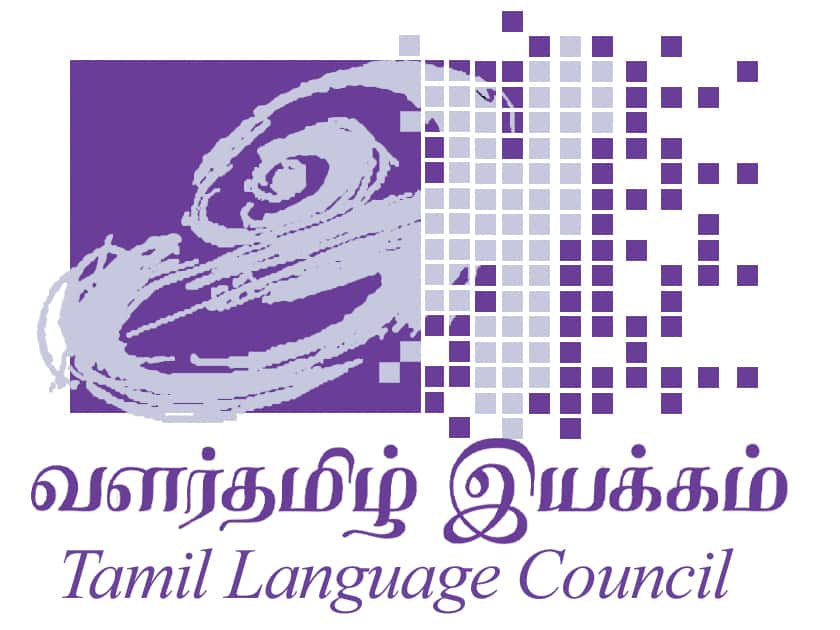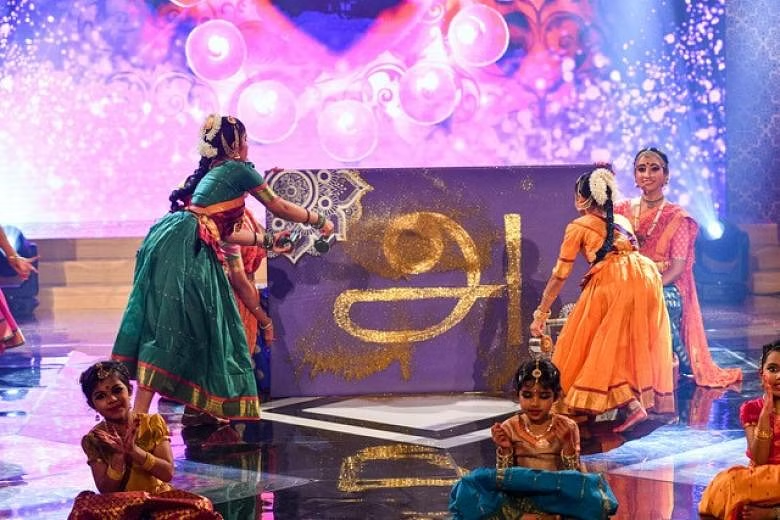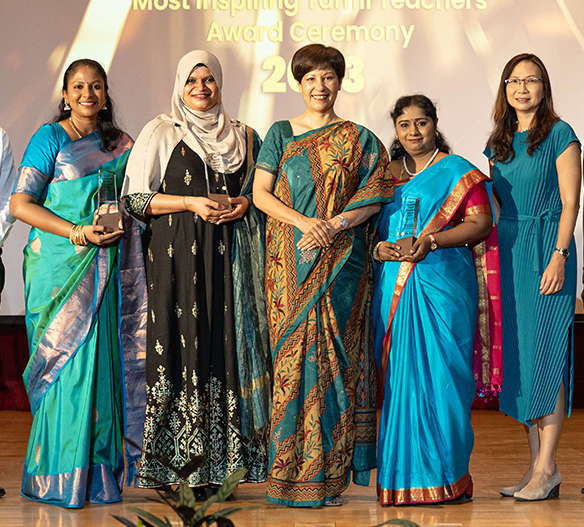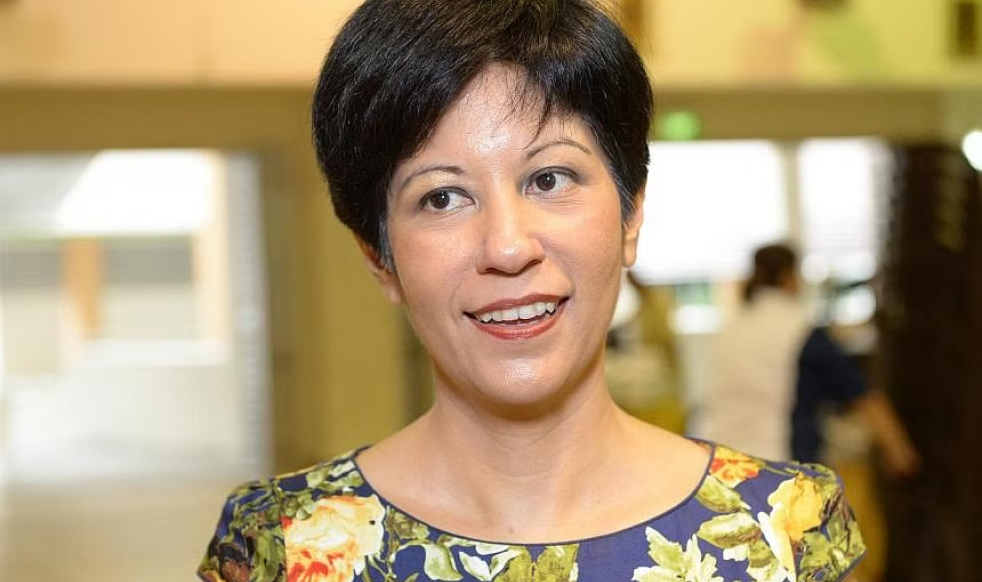Indian-origin Singaporean minister Indranee Rajah has reiterated the significance of the Tamil language as a mother tongue, stressing the necessity of exposing children to one of the four official languages in the prosperous city-state. Rajah has been instrumental in emphasizing the importance of Tamil language through initiatives such as the Tamil Language Council and the Tamil Language Festival.
In Singapore's education system, mother tongue languages are encouraged as second languages in schools, including Hindi, Urdu, Punjabi, and other major Indian languages, as well as Tamil, Malay, and Chinese (Mandarin). Minister Indranee Rajah highlighted the imperative need for children to continuously engage with the Tamil language, stating, "We need to ensure our children have opportunities to be constantly exposed to the Tamil language." She emphasized the importance of utilizing various mediums such as television, social media, and print to keep the language vibrant from a young age.
Rajah described Tamil as a "passport" that connects all Tamil-speaking individuals, emphasizing that language must be learned and utilized actively. She underscored, "Language has to be learnt as a living lesson." The minister's words were echoed by the publication Friday weekly Tabla!.
To preserve the rich legacy of the Tamil language in Singapore, the Tamil Language Council (TLC) has been organizing the Tamil Language Festival (TLF) for the past 18 years.

Minister Rajah inaugurated this year's TLF last Saturday. Speaking about the festival, TLC chairperson S Manogaran highlighted the theme of "Capabilities" for this year's event, aiming to inspire innovative programs while leveraging collective strengths. Notably, over 65 percent of the programs are organized by youths, fostering greater engagement with the Tamil language among the younger generation through artistic, cultural, and literary initiatives.

Former Singaporean cabinet minister S Iswaran also reiterated the government's commitment to preserving Tamil as an official language. His remarks, featured in the book 'The Tamil Community and the Making of Modern Singapore,' emphasized the government's support for Tamil in parliamentary proceedings and as a subject in schools, alongside English, Chinese, and Malay.
Indranee Thurai Rajah SC, born in 1963, is a prominent Singaporean politician and lawyer. Since 2018, she has served as Minister in the Prime Minister's Office, Second Minister for Finance, Second Minister for National Development, and Leader of the House. A member of the People's Action Party (PAP), she has been representing the Tanjong Pagar–Tiong Bahru division of Tanjong Pagar GRC in Parliament since 2015. Before venturing into politics, Indranee had a distinguished legal career, starting as a lawyer at Freshfields Bruckhaus Deringer and Drew & Napier. Notably, she was appointed Senior Counsel in January 2003, marking a significant milestone in her legal profession.

Indranee's political journey began with her debut in the 2001 general election as part of a PAP team contesting in Tanjong Pagar GRC, leading to her subsequent election as the Member of Parliament representing the Tanglin–Cairnhill ward of Tanjong Pagar GRC. Over the years, she has demonstrated her commitment to public service, notably serving as Deputy Speaker of Parliament between 2006 and 2011. Her expertise in law and governance led to various ministerial appointments, including Senior Minister of State for Law and Senior Minister of State for Education. Throughout her career, she has been instrumental in significant policy initiatives, such as providing strategic direction for the establishment of the SUSS School of Law.
Indranee's diverse background, as the daughter of A. T. Rajah, a former Deputy Commissioner of Police, and her upbringing in a multi-ethnic household, underscores her understanding of Singapore's complex socio-cultural landscape. Her appointment as Leader of the House in 2020 further solidifies her role as a key figure in Singaporean politics, showcasing her leadership and capabilities in parliamentary affairs.

 346 Views
346 Views 0 comments
0 comments
Comments